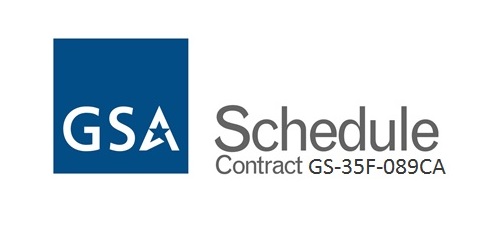Pilot Projects
Pilot projects are narrow in scope, addressing specific business or IT objectives on a limited scale, but result in real tangible capabilities and artifacts. They are useful in capability exploration but also as first iterations in incremental development. These projects typically last three to six months, often involve more than a single specialist, and require the involvement of business and/or IT representatives.
Examples of business focus where pilot projects may be appropriate include large volume of balance retention such as with financial ledgers and inventory systems, complex customer data, forecasting, non-additive metrics and scores such as average ticket, out-of-stock reporting, market basket analysis, data quality etc. Examples of technical focus areas can be the development of an aggregation strategy, near-time provisioning, lower cost technology feasibility, batch window reduction, system performance and capacity issues.
Pilot projects require more flexibility, depending on their specific needs. For this reason a short focus assessment/planning phase precedes them followed by a review and a go/no-go.
- Focused Assessment and plan begins with the formulation of the team, followed by fast-paced exploratory learning about the problem space and existing information resources. It concludes with the formulation of specific objectives and requirements for the pilot along with specific implementation alternatives/options. It relies heavily on group decision planning and collaboration, interviews and hands-on exploration. This phase is typically time-boxed to 2-3 weeks of team effort and requires about four weeks in real time.
- Project Review and Go/No-Go Decision consists of an on-site review of the plan and findings derived from the first step, and should result in a definitive decision on if and how to proceed.
- Pilot development follows the modified plan after the review to execute the pilot. It may take two-to-four months of schedule time; it combines high degree of flexibility with bi-weekly progress reviews and regular coordination meetings.
- Pilot Deployment and Evaluation allows the target audience to evaluate the pilot, and assess its feasibility and value. It usually results in findings on how to proceed and often results in a list of modifications or enhancements before deploying the pilot capability in production. The amount of time varies but typically ranges from two to six weeks.


